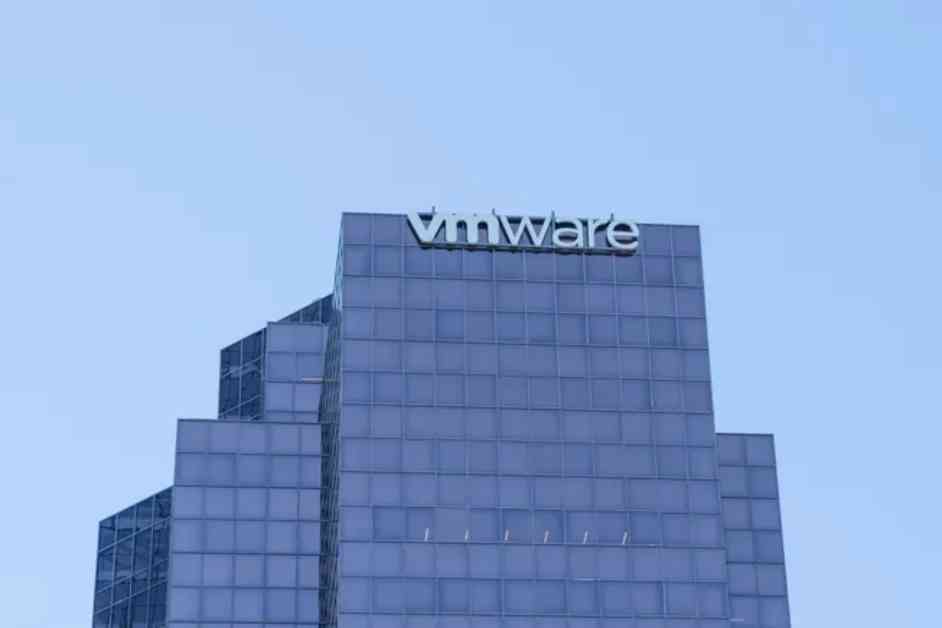Broadcom Counters AT&T in Legal Dispute on VMware Support
Broadcom has firmly pushed back against AT&T’s request for injunctive relief regarding changes in VMware’s licensing practices in a memorandum filed with the Supreme Court of the State of New York. The chipmaker emphasized that AT&T made the decision to opt out of VMware support services despite being forewarned about a significant business model transition that had been in the works for quite some time. According to Broadcom, AT&T had multiple opportunities over the past several months or even years to transition away from VMware software and had even indicated its intentions to do so.
Randall Gressett, Broadcom’s VP of VMware Americas Strategic Sales, highlighted that AT&T had consistently communicated its plans to move away from VMware software during negotiations. In an affidavit filed on Friday, Gressett referenced an email from AT&T to Broadcom’s CEO Hock Tan on August 19, where AT&T declined a new VMware subscription deal in favor of migrating away from the software.
One year after Broadcom’s $61 billion acquisition of VMware in November, customers are facing tough decisions. They must choose between accepting a service-based licensing model for the vendor’s software, migrating to a different virtualized compute environment, or seeking third-party support for their existing deployments. AT&T took a legal stance against the changes earlier this month, alleging that Broadcom was withholding support for previously purchased software unless AT&T agreed to costly bundled subscriptions that were not desired.
In response, Broadcom asserted that AT&T was attempting to force VMware to provide support services for perpetual software licenses that VMware had discontinued from its product line, to which AT&T had no contractual right to purchase. Despite the ongoing legal dispute, Broadcom agreed to extend support for AT&T’s VMware deployments through October 21, ensuring the continuity of services for more than 75,000 virtual machines running across approximately 8,600 servers that would have otherwise faced support termination on September 8.
The transition in VMware’s product line following the acquisition by Broadcom was not a sudden development but rather a strategic move that had been in the works for years. Since 2018, VMware had been laying the groundwork for transitioning its licensing model and product portfolio to a subscription-based model. This shift was well-known within the industry, with executives discussing the impending changes during a Q2 2022 earnings call.
In an effort to streamline its offerings, VMware consolidated its a la carte vSphere solutions into two main subscription bundles: the VMware Cloud Foundation full-stack offering and the vSphere virtualized environment. Broadcom defended this move, stating that bundled Software as a Service (SaaS) offerings were becoming industry standard and necessary to remain competitive in the face of increasing cloud adoption by enterprises.
While Broadcom highlighted potential cost savings with the new strategy, reports indicated that some customers experienced cost spikes of up to 500%. A survey conducted by cloud provider Civo, which competes with VMware, revealed that over half of current or recent VMware users were contemplating leaving the platform due to the changes.
As Broadcom continues to consolidate its private cloud platform, it is actively engaging with customers to address their concerns and guide them through a phased approach to demonstrate the value at each stage. Prashanth Shenoy, VCF Division VP of product marketing, emphasized the importance of listening to customer feedback and ensuring a smooth transition process during a briefing in June.
AT&T is expected to submit further documents in support of its motion for preliminary injunctive relief by September 27. The company declined to provide additional comments via email on Monday, signaling that the legal dispute between Broadcom and AT&T over VMware support is far from resolved.
